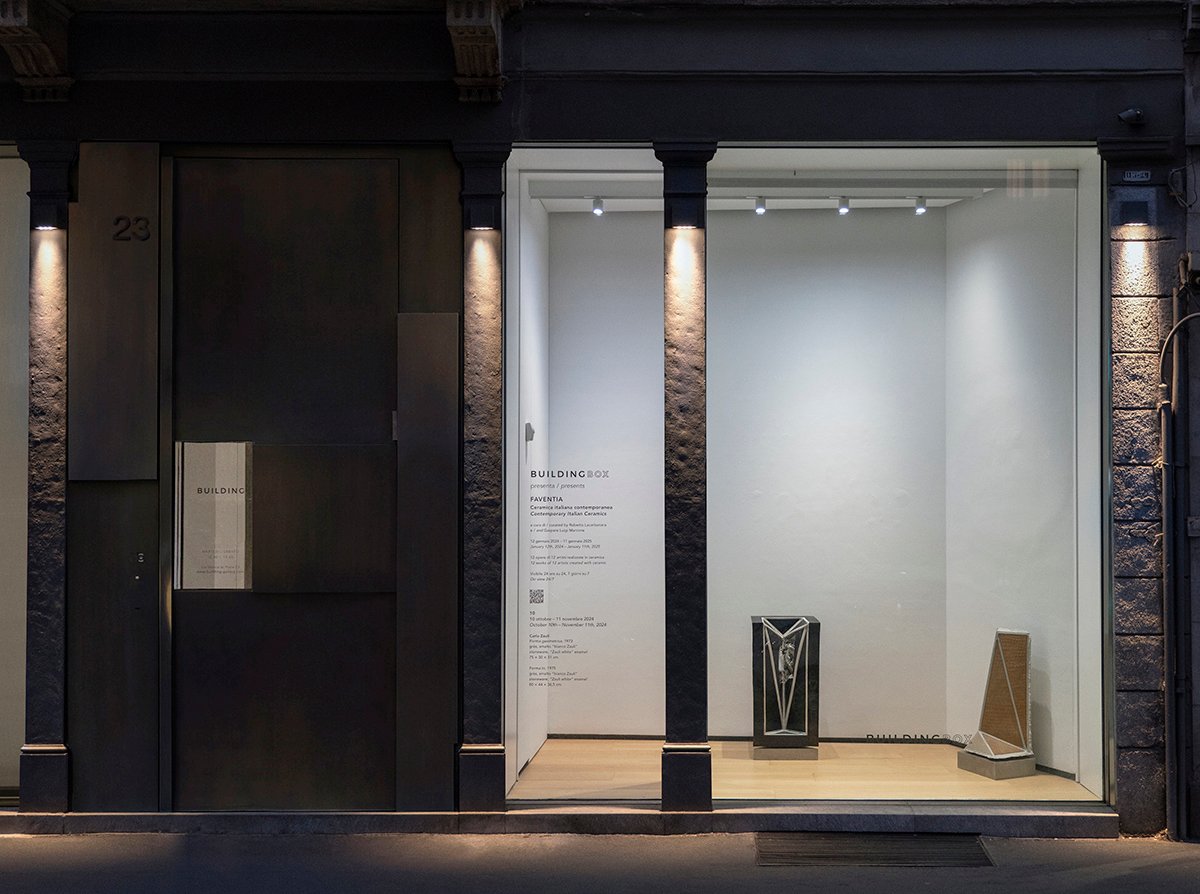Carlo Zauli
Carlo Zauli (Faenza, 1926-2002) was a leading figure in 20th-century Italian sculpture.
After studying at the Regio Istituto d’Arte per la Ceramica in Faenza and being deported to a German labor camp in 1944, he returned to his hometown, completing his training in 1948 and opening a workshop in Via della Croce in 1950 (now home to the Museo Carlo Zauli). The Faenza context, with many institutions and artistic events, and the first national exhibitions, allowed Zauli to weave relationships with leading figures on the contemporary artistic scene from Lucio Fontana to Nanni Valentini, from the brothers Arnaldo and Giò Pomodoro to Leoncillo Leonardi, from Gio Ponti to Giuseppe Spagnulo, as well as historians and critics such as Giulio Carlo Argan, creating, in addition, a special association with Japanese institutions and museums where he would exhibit in numerous group and solo shows. In 1975, he also opened a studio in Milan, where he continued his stoneware creations, expanding the experiments with works in bronze and marble begun a few years earlier.
He was winner of the “Premio Faenza” several times (1953, 1958, 1962 in addition to various mentions and parallel prizes) he exhibited at the Milan Triennale (1953-1954, 1957, 1964, 1968) and at the Quadriennale in Rome (1973, 1986); he obtained various institutional roles, prizes and national and international awards.
His numerous institutional solo exhibitions include: Carlo Zauli. Céramiques dans l’espace, Musées Royaux d’Art et d’Histoire, Brussels (1972); Mostra di un Maestro: Carlo Zauli. Dieci anni di scultura in grès, Palazzo delle Esposizioni, Faenza (1978); Carlo Zauli. Dalla natura all’arte, Central House of Artists, Moscow (1989); Carlo Zauli, trent’anni di scultura 1965-1995, Palazzo d’Accursio, Sala d’Ercole, Bologna (1998). The first major post-mortem anthological exhibition was entitled Carlo Zauli. L’Alchimia delle Terre 1952-1991, held at the Museo Internazionale delle Ceramiche in Faenza (2002). The Carlo Zauli Museum, founded by the artist’s heirs in 2002, has become a leading artistic-cultural centre on the contemporary scene thanks to its extensive programme of exhibitions, residencies, courses and workshops.




